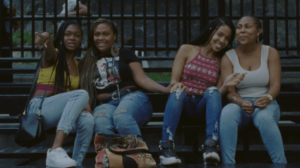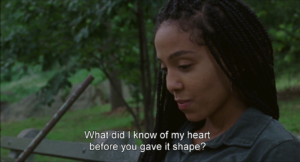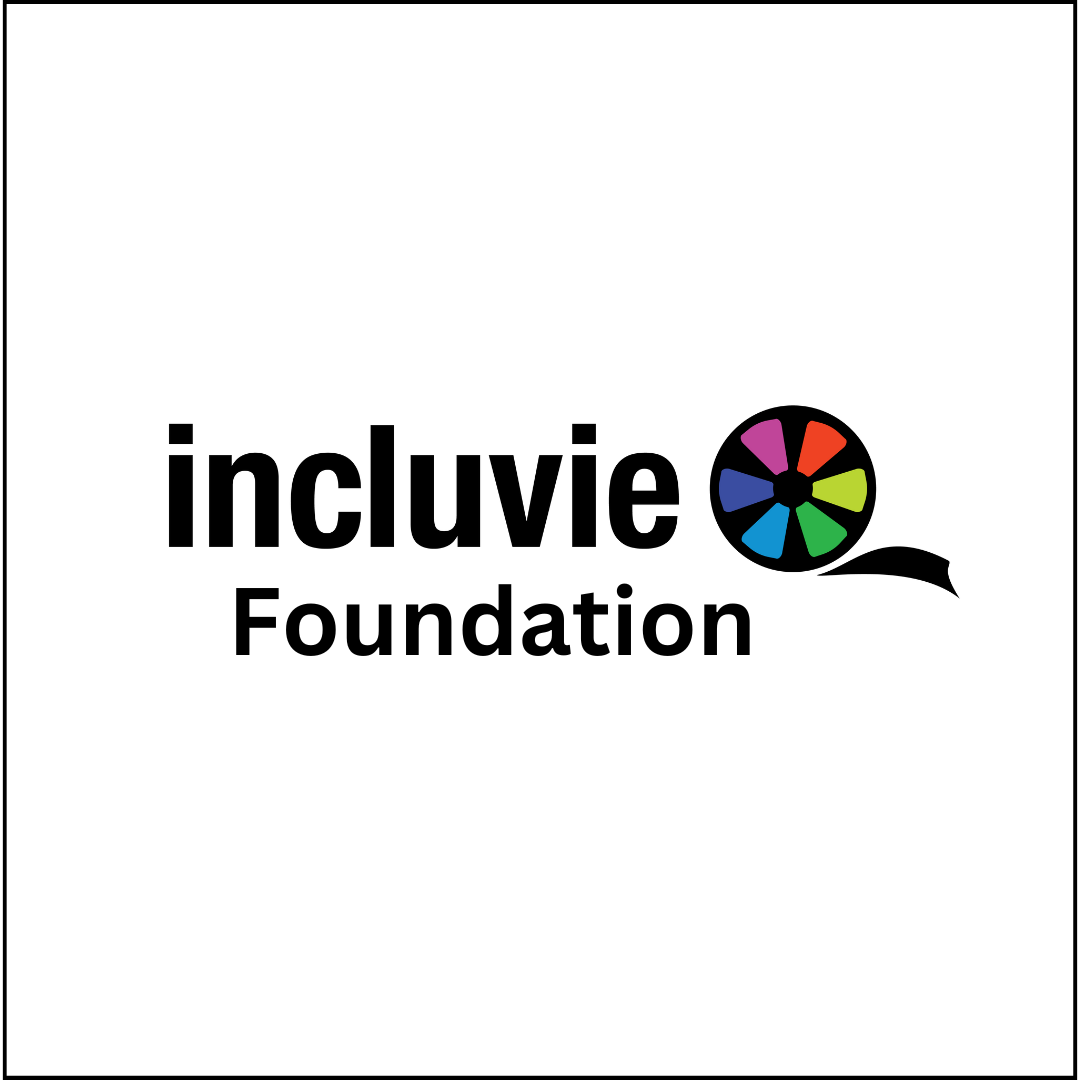Premature (2019) is what I want to call a “coming-of-womanhood” film. When I hear “coming-of-age” I understand the typical tropes that follow it–the dilution of innocence and the recklessness of youth that comes undone through tireless shenanigans, only to find some hope at the end that the world functions a certain way, but caution to the wind, we’re young, we don’t care! Cue John Hughes anyone? In all seriousness, I think my distinction here is important. Coming-of-age is so broad. And in some ways, the genre feels dominated by men. Even I feel like I’m coming of age every year I get older. But for the sake of this article, becoming a young teenage woman is something else.

In Premature, it centers on a Black-American teenager who is spending her last summer in New York City before moving away for college. Our main character is Ayanna, an aspiring writer who also provides voice-overs from her journal throughout the film. It’s clear that this journal is private; she doesn’t share it with anyone (at first). We, as the audience, are privy to the intimacy of her life–seeing her growth through her eyes. This is a part of the movie I love because we often have an outer persona that everyone knows. But sometimes our inner most parts tell our story better. As a teenager, there’s a sense of belonging and wandering. It’s clear Ayanna belongs with her group of friends as they bounce around Harlem, flirting with boys and teasing each other at the beginning of the movie. But moving forward, as we connect with these inner-most thoughts, we see her wandering away from all that.

She wanders further when she meets Isaiah. This is where Ayanna becomes hyper-aware of her adolescence, but she attempts to move past it to be “mature.” Isaiah is older, dreamy, outspoken and confident in himself, intelligent, a musician–basically everything I, too, would have been enamored with at 17. As Ayanna spends more time with him, the further she escapes from this lasting “innocence” that clings to girlhood. She has sex, she changes her hair, she changes her clothes, she opens up her mind to the world even more, and more dangerously, she falls in love. It’s clear she wants to be seen as grown through Isaiah’s eyes. But I think subconsciously she wants to be validated by him. The new skin that’s been shed has been attached to his, like her new identity only works with him. But of course, what happens when he realizes that “they’re in different place?” There’s one scene in particular that I loved. Ayanna is hanging out with her friends, who she hasn’t seen in a long time. Isaiah comes through as well, and it’s clear to see the dynamic between all of them is awkward. Isaiah has this attitude like he’s too good to hang out with them–the girls don’t seem to be entranced by him, either. They begin bickering about the oppression of Black men versus Black women, with Isaiah of course defending the notion that Black men are mistreated more. Of course, this did not resonate with Ayanna’s friends, who stood up for their position on the subject. Isaiah then decides he’s had enough and leaves Ayanna and her friends. This is the moment where I see Ayanna torn between her youth, girlhood, and her friendships in hopes to keep her romance and newfound maturity. She ends up leaving her friends to go with Isaiah. After this scene, their relationship isn’t the same. And when they break up (not long after), you see Ayanna question herself more than anything else. Then, life really hits the fan. I don’t want to equate the transition of girlhood to womanhood with a narrow expectation of just pain and lachrymose sentiment from short-lived romances. But it is painful, and not just from losing love from another, but from the lack of it from oneself. Ayanna struggles with this. She reckons with her maturity when she finds out she’s pregnant. She decides to have an abortion and the aftermath is excruciating pain. It’s a loss of so much that never would be again, and through the rubble she has to rebuild. Thankfully, her friends enter the picture again for support, along with her mother. Ayanna begins to heal through her writing again. I’ll save the end for those who want to watch it, but it’s well worth viewing regardless. Although multi-faceted, this film beautifully captures the seasons of love. When you think you love someone, it’s rose-colored glasses. But as soon as the fairy tale romance is over, you have to find what keeps you together and grow from that. The last season here is self-love and acceptance. Easier said than done, right? But so much can seem premature when you’re not expecting it.
Incluvie Score: 5
Movie Score: 4






